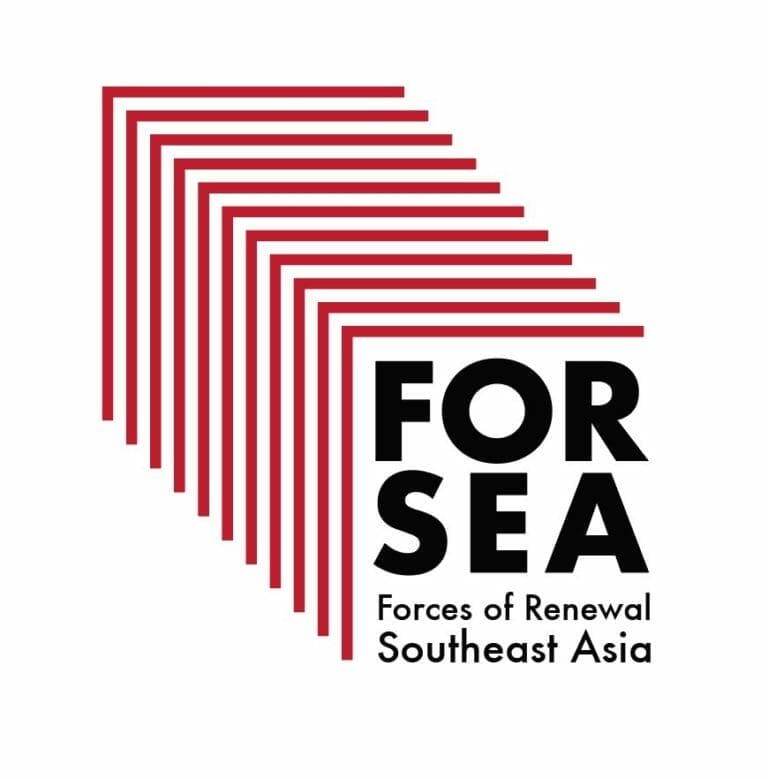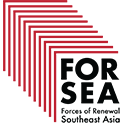Forces of Renewal Southeast Asia, https://forsea.co/, a grassroots network of human rights defenders, activists, scholars and educators, publicly register our solidarity with #BlackLivesMatter and pledge our commitment to the values of racial, ethnic and religious equality which this expansive global movement embodies.
#BlackLivesMatter is forcing governments, higher education institutions, the culture industry and other established organisations and institutions across the Americas and Europe to reflect and make changes. The removal of the statues of Christopher Columbus in various states in US, Cecil Rhodes at Oxford University in UK, and King Leopold in Belgium is a case in point.
The deep legacies of the Trans-Atlantic slave trade and slavery manifest themselves in the most obvious form of police brutality, racialised criminal justice systems and various forms of apartheid against millions of people of African descent, irrespective of their nationality or legal status on these continents.
Some of the leading European nations, including Holland, Portugal, Spain, England and France, engaged in the continental loot of Africa. In particular, these invasive powers looted the continent’s most precious resources, African human persons, who were raided by the millions, commodified, transported and enslaved in North and South America and the Caribbean for centuries.
These same nations also colonised sovereign peoples and kingdoms across Southeast Asia. From the Philippines (the colonised islands named after the Spaniard king Philip II) and the Indonesian archipelago to the mainland Southeast Asia communities of Burma, Viet Nam, Laos, Cambodia, and Siam, the traders and their companies arrived with gunboats to plunder anything of value – from spices to minerals. They dehumanised, subjugated, and colonised the region’s inhabitants, and enslaved many people, exacerbating existing practices and introducing new forms of slavery and indentured labour.
More than 300-years of European colonial rule (for instance, in places such as today’s Indonesia and the Philippines) have left profoundly negative legacies in inter-communal relations, the deeply repressive nature of political organisations, particularly the State, its organs and racialised national laws.
After the Second World War the colonised political communities across Southeast Asia have regained their political sovereignty as the result of the forced dissolution of colonial empires across mainland and island Southeast Asia. However, this political independence in most Southeast Asian countries has been experienced as simply the release from the clutches of colonial rule by the White Man into the hands of the respective nationalist elites. Even within the independent nations of SEA, racial, religious and ethnic conflicts and forms of domination continue in various manifestations, in part, as colonial residues. Forms of gender discrimination have also intensified. Thus the rule of the region’s “Brown Man” has continued or intensified the oppression of women and sexual minorities, as well as that of numerically smaller ethnic and religious communities such as West Papuans and the Chinese in Indonesia, Malays in Southern Thailand, Muslim communities in Southern Philippines, Chinese and Indians in Malaysia, Vietnamese in Cambodia and virtually all national minorities in Myanmar (most visibly Rohingyas, Karen, Rakhine, Kachin, Shan, and so on).
The spirit and values of equality, humanity and liberty which drive #BlackLivesMatter, apply to all the subjugated communities, who have been made “minorities” on their own ancestral or adopted lands, across our Southeast Asian region.
In short, the states in Southeast Asia remain deeply colonial within respective national boundaries while inter-communal relations reflect the divisive and oppressive characteristics of the European colonial days.

Since its launch in Kuala Lumpur in February 2019 FORSEA.co has put de-colonising Southeast Asia as a priority on its agenda.
Therefore, we call on all communities of activists, irrespective of their ethnic identities, dominant or subjugated conditions, nationality or legal status within Southeast Asian states to embark on various political, educational and activist programs aimed at de-colonising popular consciousness and transforming internally colonial institutions and practices.
FORSEA
Banner Image: London, UK. Black Lives Matter London Protest, 6th June 2020. Photo by Photo by James Eades on Unsplash

